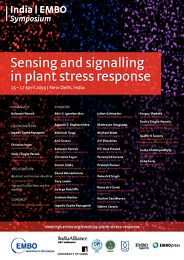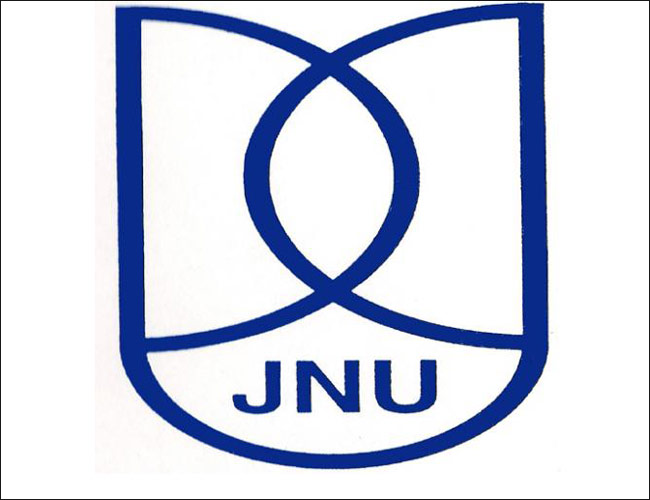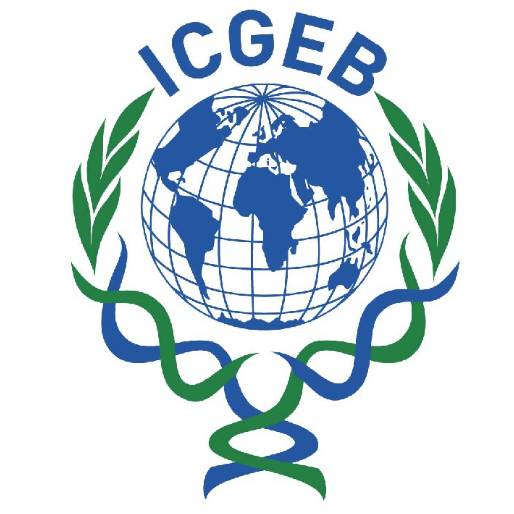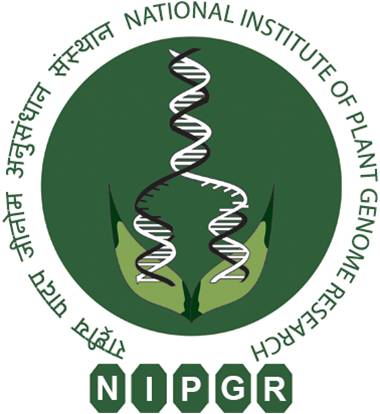About the India-EMBO Symposium

Abiotic stresses cause a major threat to food security in India and around the world. Response of crop plants towards these stresses involves complex machinery, operating at both the molecular and the physiological levels. Generation of high yielding crop plants with tolerance to multiple stresses using advanced tools and technologies is a must to ensure food security. In this context, understanding the molecular machinery involved in stress sensing and signaling in plants is crucial. Recent advancements based on genomic, proteomic, metabolic and cell biological approaches have begun to unravel the complex signaling networks in plants. Understanding these complex regulatory networks provides an opportunity to unwind the progression of signaling events and understand the regulation of their downstream responses which are specific to the tissue type, the developmental stage, and/or the environmental conditions.
The proposed meeting is an attempt to bring together global leaders working in the area of plant stress biology and share their research findings. This symposium will witness the conglomeration of academicians, scientists, young researchers, and scholar students joining from laboratories across the globe making it a perfect platform for the exchange of innovative ideas and gathering experience in the area of plant stress biology. This meeting is proposed to have diverse sessions ranging from sensing and signaling in plants to translational research. In addition, the cross-talk operative in plants in response to varied signals of biotic and abiotic nature will also be presented. The main motto of this event is to discuss the current scenario and the future plan of action for the management of abiotic stresses. This symposium will also provide a platform to foster active collaborations to provide new dimensions in the field of plant stress biology.
About EMBO Courses and Workshops
EMBO Courses and Workshops are selected for their excellent scientific quality and timelines, provision of good networking activities for all participants and speaker gender diversity (at least 40% of speakers must be from the underrepresented gender).
Organisers are encouraged to implement measures to make the meeting environmentally more sustainable.









